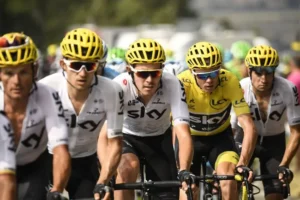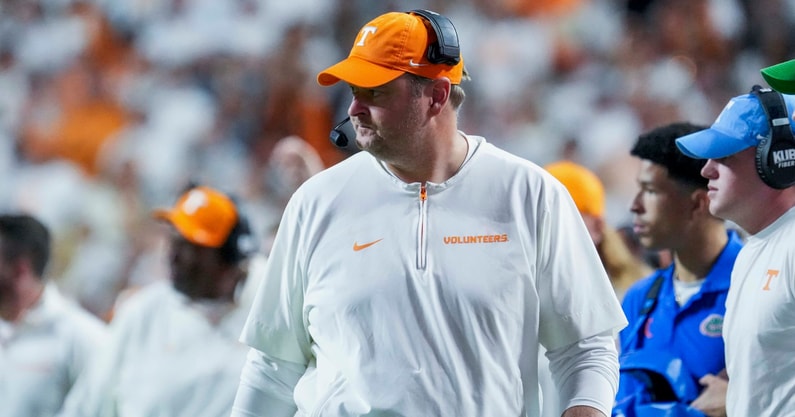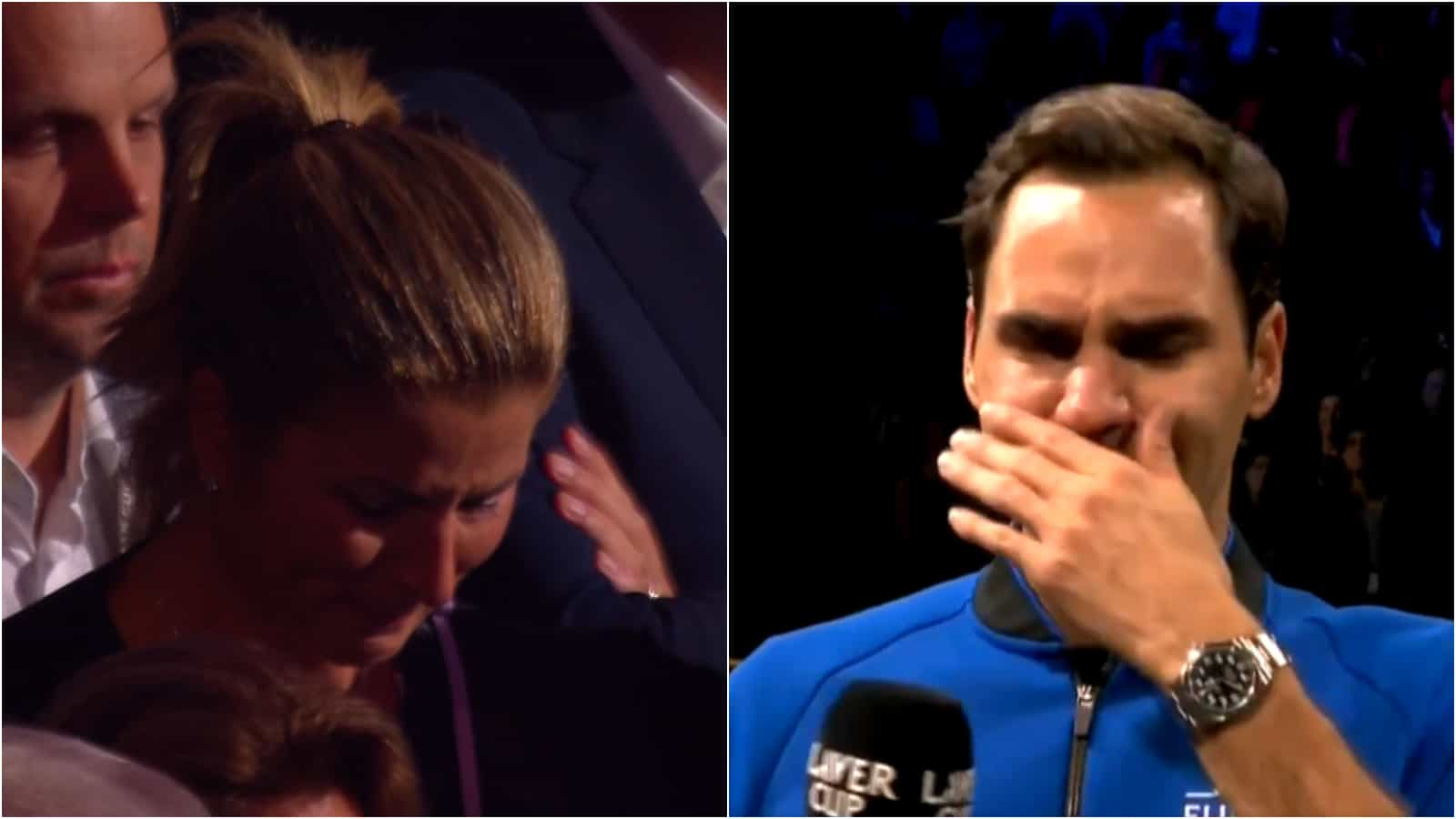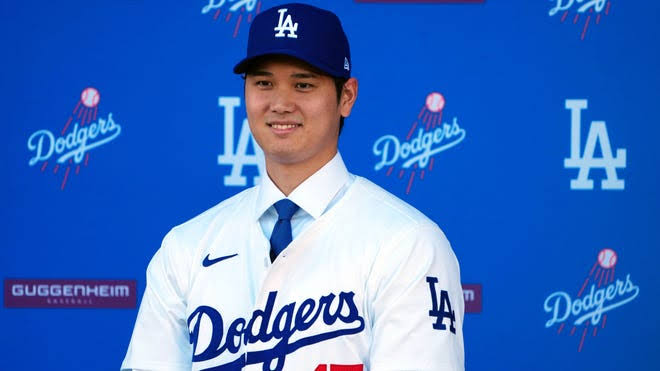In a revealing and emotionally charged interview, British cyclist Luke Rowe has opened up about the intense scrutiny and suspicion that surrounded Team Sky and Chris Froome’s dominance during his Tour de France reign, acknowledging that the shadow of Lance Armstrong’s scandal cast a long, unshakable doubt over cycling’s new champions.
“Whoever was king after Lance Armstrong was going to get destroyed. That’s just how it was,” Rowe said in a candid conversation with The Cycling Podcast. “It didn’t matter how clean you were. People didn’t want to believe anymore.”
🏆 Froome’s Success in the Crosshairs
Chris Froome, a four-time Tour de France winner and once the face of the post-Armstrong era, became a lightning rod for suspicion, particularly during his peak years (2013–2017) with Team Sky. Despite repeatedly passing drug tests and never being banned, Froome’s dominance in the mountains, robotic cadence, and “superhuman” recovery sparked endless questions about legitimacy.

Rowe, Froome’s long-time teammate and domestique at Team Sky (now INEOS Grenadiers), reflected on how public trust was broken after the Armstrong scandal, and how every new success story was met with doubt rather than celebration.
“Chris got torn apart by people who were angry at the system — not necessarily at him,” Rowe said. “It was guilt by association. If you won too much, too fast, it looked dirty.”
⚖️ The Burden of Inherited Suspicion
Armstrong’s fall from grace after being stripped of seven Tour titles due to systemic doping left the sport in tatters — and no rider could step into the yellow jersey without being compared to him. For Froome and Team Sky, that meant navigating success under a microscope.
Key moments that fueled suspicion:
- Froome’s 2013 Mont Ventoux attack — described as “unbelievable” by rivals
- Team Sky’s data secrecy, which many critics said hurt transparency
- Froome’s 2017 salbutamol case, which later cleared him, but sparked major backlash
“He (Froome) got more heat for taking an inhaler than others did for blood bags,” Rowe noted sarcastically. “It shows how the Armstrong legacy poisoned the well for everyone else.”
🧬 Doping, Perception, and Reality
While Froome has always denied doping — and never failed a test resulting in a suspension — the line between actual cheating and perceived artificiality became blurred in the minds of fans and media.
Rowe argues that clean riders were often expected to defend themselves against ghosts of the past:
“You were always on trial. Always trying to prove you weren’t like Lance. And that’s a heavy load to carry for someone just trying to race clean and win.”
💬 Fan Divides & Media Skepticism
The Froome era sparked sharp division among cycling fans:
- Skeptics insisted his performances were “too calculated, too dominant” to be clean
- Supporters pointed to his clean test record and unmatched preparation
- Media often walked a tightrope — praising achievements while airing suspicion
Even now, Froome’s legacy remains controversial but technically untainted, despite being one of the most decorated riders of the modern era.
🔁 Final Word: Trust in a Post-Scandal Era
Rowe’s comments underscore a sobering truth: Cycling’s credibility crisis didn’t end with Armstrong’s downfall — it reshaped how greatness is received.
“It’s like the innocence was gone,” Rowe said. “And it still is, to be honest.”
As new stars rise — like Tadej Pogačar and Jonas Vingegaard — they too face whispers of doubt. Because in the wake of the Armstrong scandal, being the best in cycling no longer earns automatic admiration — it earns suspicion.




